I don’t drink alcohol - Is there room for non-drinkers in cycling culture?
Rethinking cycling’s drinking culture to focus on connection, inclusivity and post-ride joy for everyone
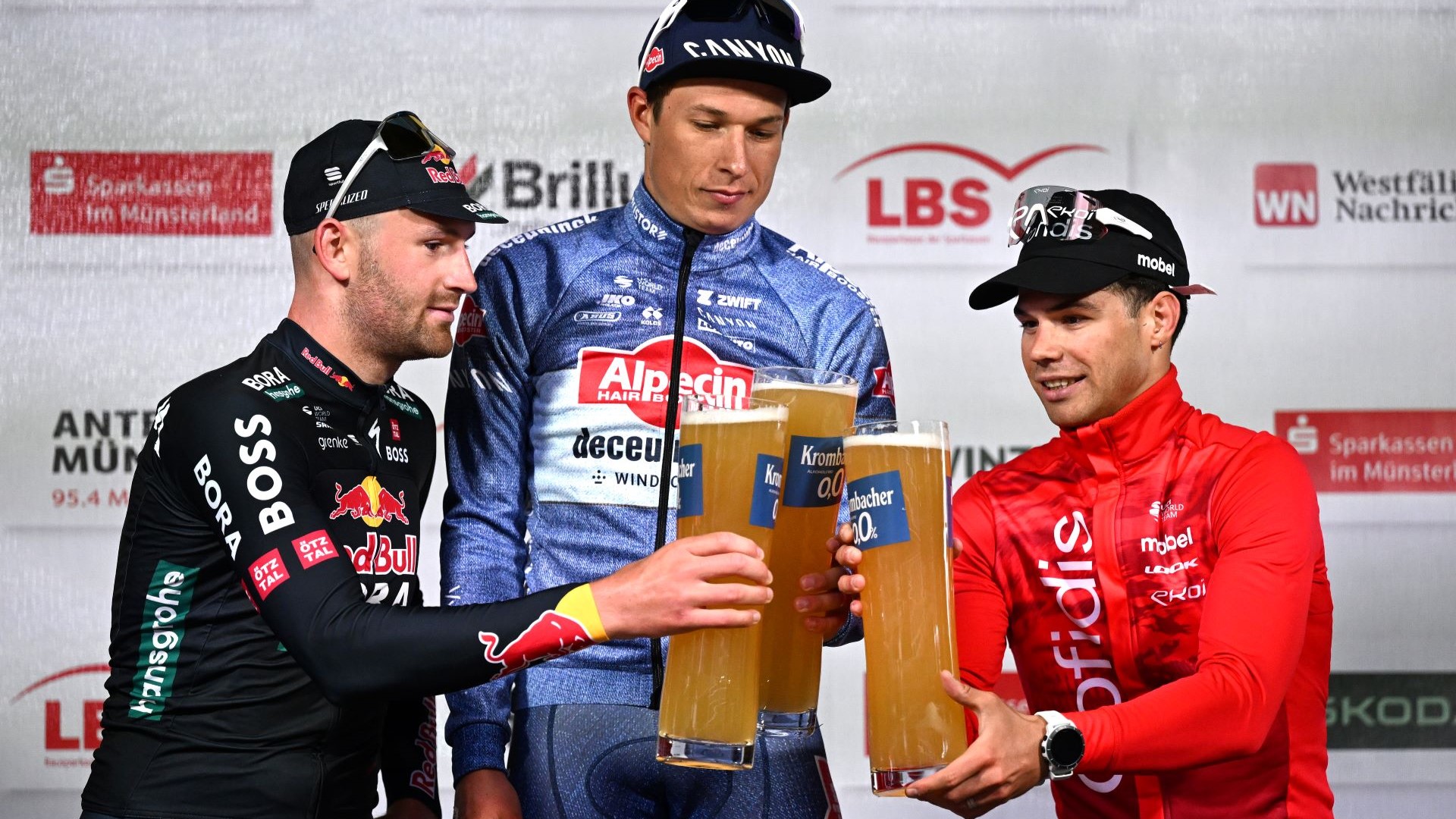
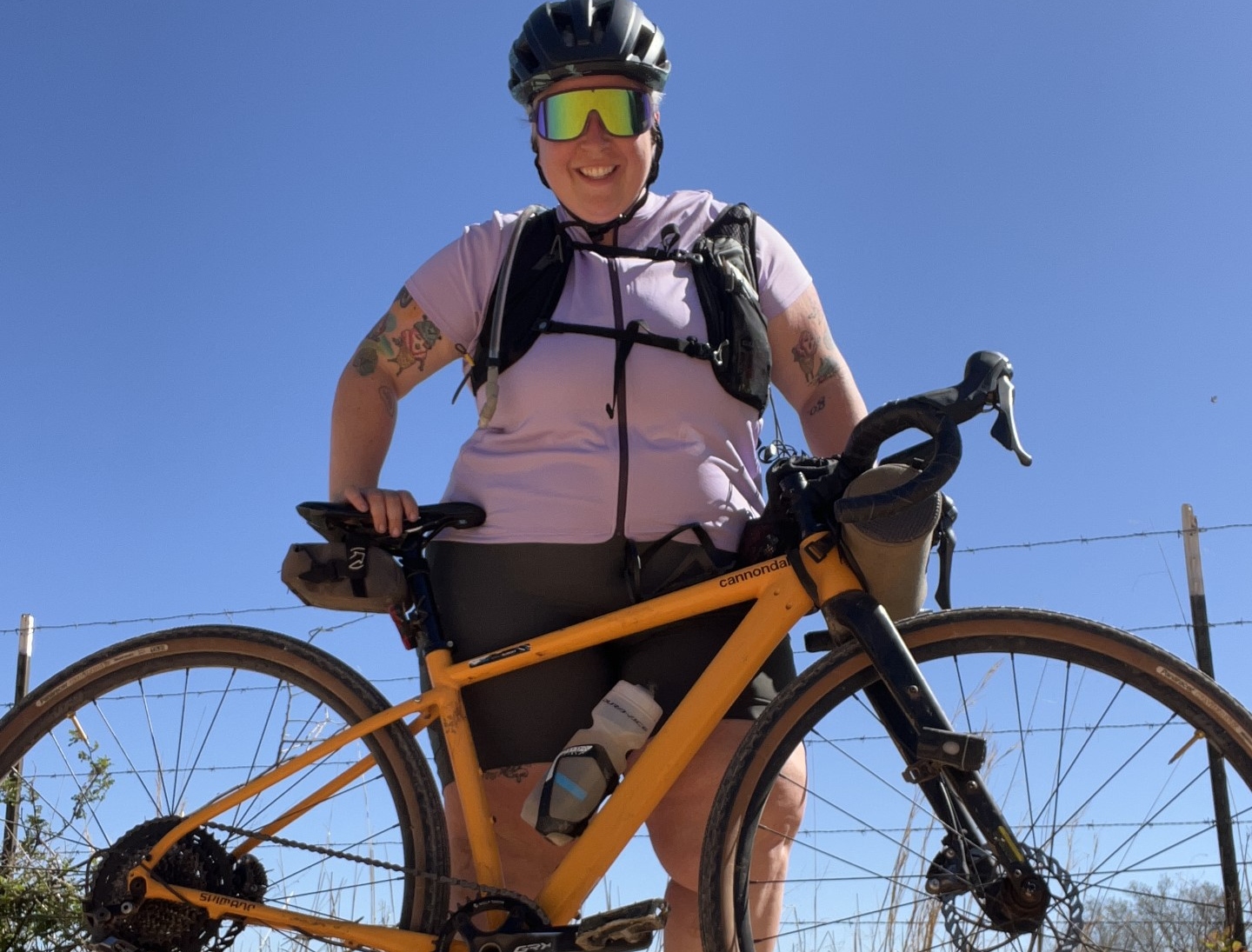
My entry into cycling nearly a decade ago was through a weekly social ride where we (unoriginally) joked that we were “a drinking club with a cycling problem.” Indeed, nearly every ride started with a pre-ride happy hour, included a mid-ride beverage stop, and ended at a bar where we’d celebrate the ride, swap stories and down a few more beverages. While perhaps my ride club is an extreme example, cycling culture is deeply interlaced with drinking culture. Just think about the beer-fueled fans at cyclocross races, the lush vineyards showcased during the Tour de France, the sacred post-ride beer tradition or the many beer and wine sponsors of team kits.
While many people enjoy the addition of a post-ride drink as a social lubricant, I’ve personally been struggling with the ubiquity of alcohol in cycling culture, and how I fit in as a non-drinker. I quit drinking nearly two years ago after realising it brought me no benefits However, now I’m often left to wonder - can cycling still be a social outlet as a non-drinker?
When I was actively drinking alcohol, I hardly noticed how alcohol permeated my cycling life. From downing shots of whisky during cyclocross races to charity brewery rides to being awarded a finisher’s beer after Unbound Gravel, consuming alcohol during or after rides has become normalised and even celebrated. As a non-drinker, however, I now see just how intertwined alcohol and cycling have become, and it often leaves me feeling like an outsider in the sport I love. On a recent social ride, for example, we stopped for nearly an hour at a park for trail-side beers. While everyone else imbibed, I was left waiting somewhat impatiently – I came to ride bikes, not drink in a park. Drinking alcohol may not be obligatory, but it’s certainly the cultural norm.
It’s almost ironic that in a sport so heavily focused on health and fitness, alcohol—a known carcinogen—plays such a prominent role. Beyond its long-term health risks, alcohol can also negatively impact performance and recovery, particularly when consumed immediately after exercise.
“One, alcohol is a diuretic, so it dehydrates you more quickly, and if you’re already dehydrated, you can get into an even more dehydrated state,” warns sports dietician and cycling coach Kristin Arnold, MS, RDN, CSSD.
Alcohol also hinders vitamin absorption and glycogen restoration, both of which can impair recovery and overall performance.
“Even though there are technically carbohydrates in beer, the alcohol in the beer stunts glycogen replenishment, so even if you had carbs from food with the beer, some of those carbs are not going to actually go towards glycogen replenishment,” Arnold explained.
Get The Leadout Newsletter
The latest race content, interviews, features, reviews and expert buying guides, direct to your inbox!
“And then, [alcohol] also inhibits the absorption of certain vitamins and minerals, specifically B vitamins. and can stunt muscle protein synthesis or rebuilding of muscle after exercise.”
But alcohol isn’t all bad, Arnold says.
“There are pros and cons to drinking alcohol post-rides. Some of the pros are that it brings the community together, it’s a great way to build camaraderie and have a pleasurable experience with teammates and friends and community members,” she said.
“I think it’s definitely okay to have a drink, especially if it’s in a social setting…and when the performance gains and specificity of training is less demanding, like if an athlete is on a rest week or a transition time or if they just got done with a big race and are going to be taking a break afterwards.”
Thankfully for me, and non-drinkers everywhere, non-alcoholic beer options are increasingly prevalent, allowing everyone to participate in the post-ride fun. From 2021 to 2022, sales of non-alcoholic drinks in the U.S. showed a 20.6% year-on-year growth. Many breweries also offer non-alcoholic options, including kombucha and soda, broadening the choice for non-drinkers. This growing interest in non-alcoholic options can even be seen in event sponsorship, with non-alcoholic brands such as Best Day Brewing and Athletic Brewing having a large presence at cycling events like Unbound Gravel and Big Sugar Gravel.
Many people ride bikes specifically for the social aspect of it, relishing the post-ride hangout as a time to make new friends and connections. I am by no means advocating that this tradition goes by the wayside, but I do think there are ways to make it more inclusive for non-drinkers. Instead of ending every ride at a brewery or bar, switch it up and finish at a location that doesn’t centre on alcohol, such as a coffee shop or juice cafe.
In a sport that celebrates community and connection, it’s worth asking whether our traditions truly reflect those values or if there’s room to evolve. I still love cycling and the camaraderie it fosters, but I’ve come to realise that alcohol doesn’t have to be at the centre of it.
Making space for non-drinkers doesn’t take away from the joy of a ride; it only adds to it, creating a more inclusive and welcoming environment for everyone. By shifting the focus from what’s in our glass to the connections we share, we can celebrate the post-ride moments in a way that brings everyone together—whether it’s over coffee, kombucha, pizza or N.A. beer.

Thank you for reading 20 articles this month* Join now for unlimited access
Enjoy your first month for just £1 / $1 / €1
*Read 5 free articles per month without a subscription

Join now for unlimited access
Try first month for just £1 / $1 / €1

Marley Blonsky is a fat adventure cyclist, co-founder of All Bodies on Bikes, co-host of the All Bodies on Bikes podcast, curve model, advocate, and consultant. Marley is fiercely passionate about size inclusion, believing that everyone deserves full access to life - including at work, in sport, and at home.
You must confirm your public display name before commenting
Please logout and then login again, you will then be prompted to enter your display name.
-
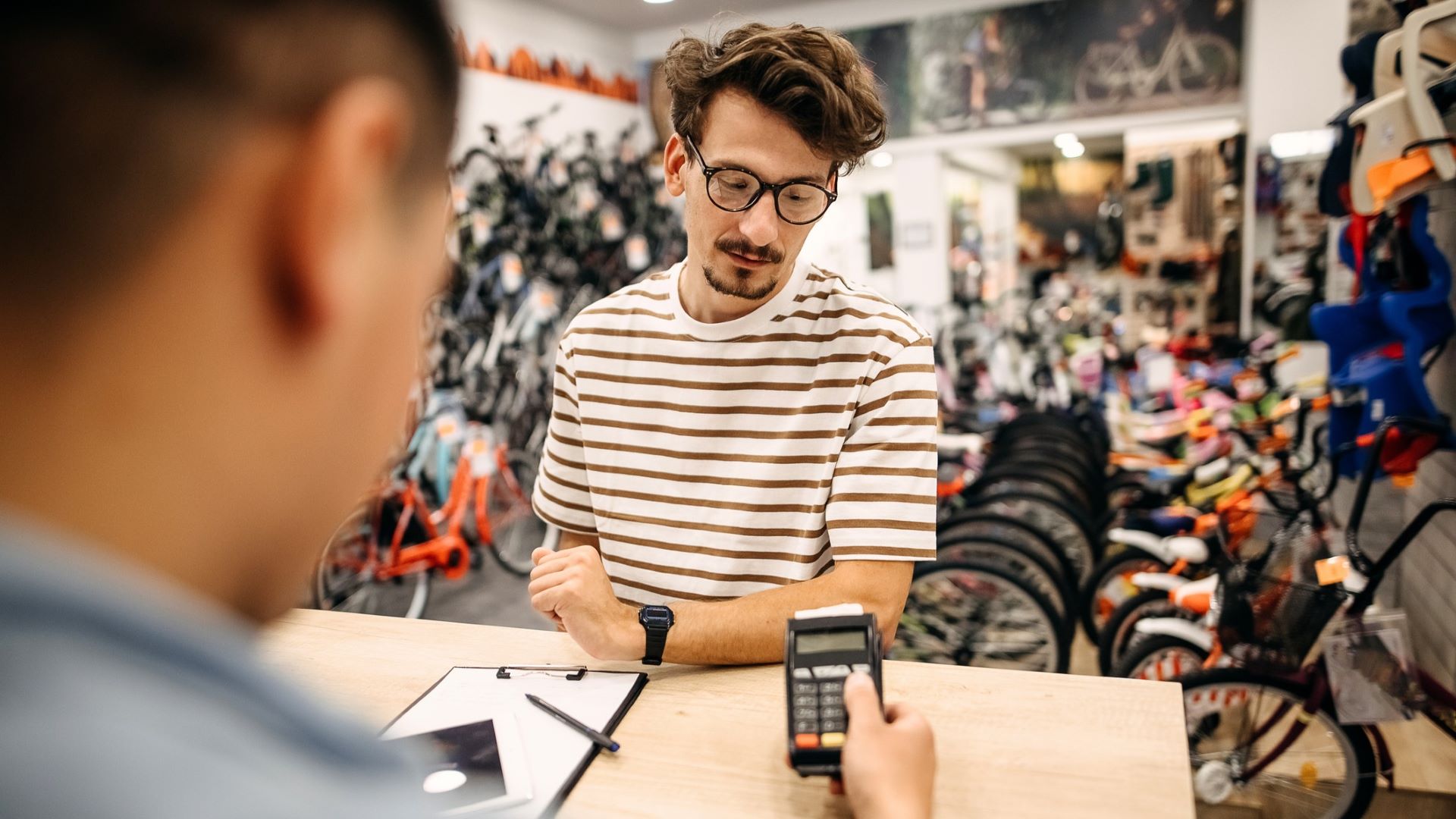 Trek, State and Specialized raise bike prices while other brands limit US releases — Is this just the beginning?
Trek, State and Specialized raise bike prices while other brands limit US releases — Is this just the beginning?As tariffs hit, the bike industry is forced to adapt, whether through price increases, limited releases, or a restructuring of supply chains
By Anne-Marije Rook
-
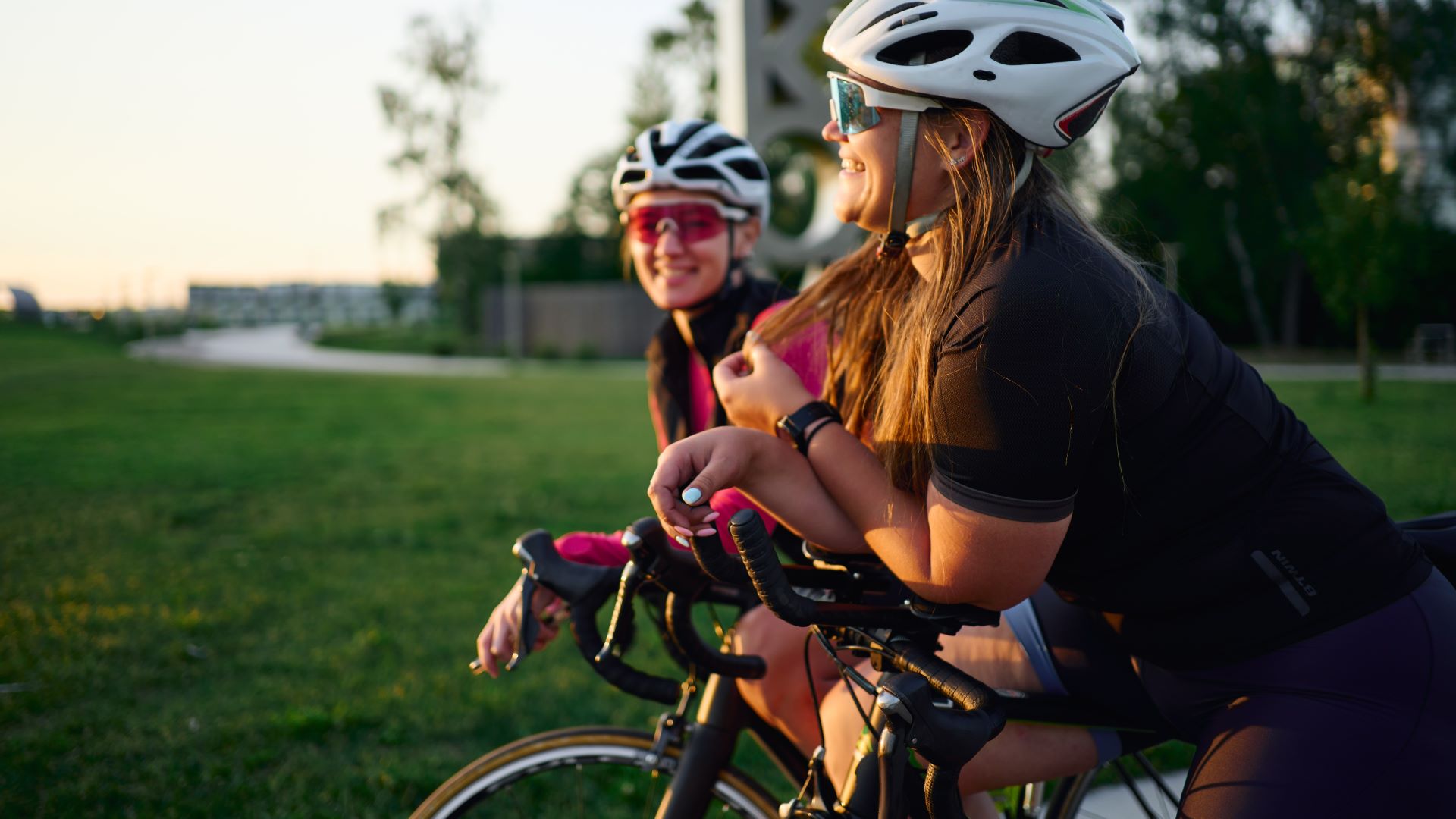 How I got my non-cyclist friend hooked on riding bikes — and how you can, too
How I got my non-cyclist friend hooked on riding bikes — and how you can, tooWith a little bit of gentle guidance, “bikes aren’t my thing” can turn into “when’s our next ride?”
By Marley Blonsky
-
 How I got my non-cyclist friend hooked on riding bikes — and how you can, too
How I got my non-cyclist friend hooked on riding bikes — and how you can, tooWith a little bit of gentle guidance, “bikes aren’t my thing” can turn into “when’s our next ride?”
By Marley Blonsky
-
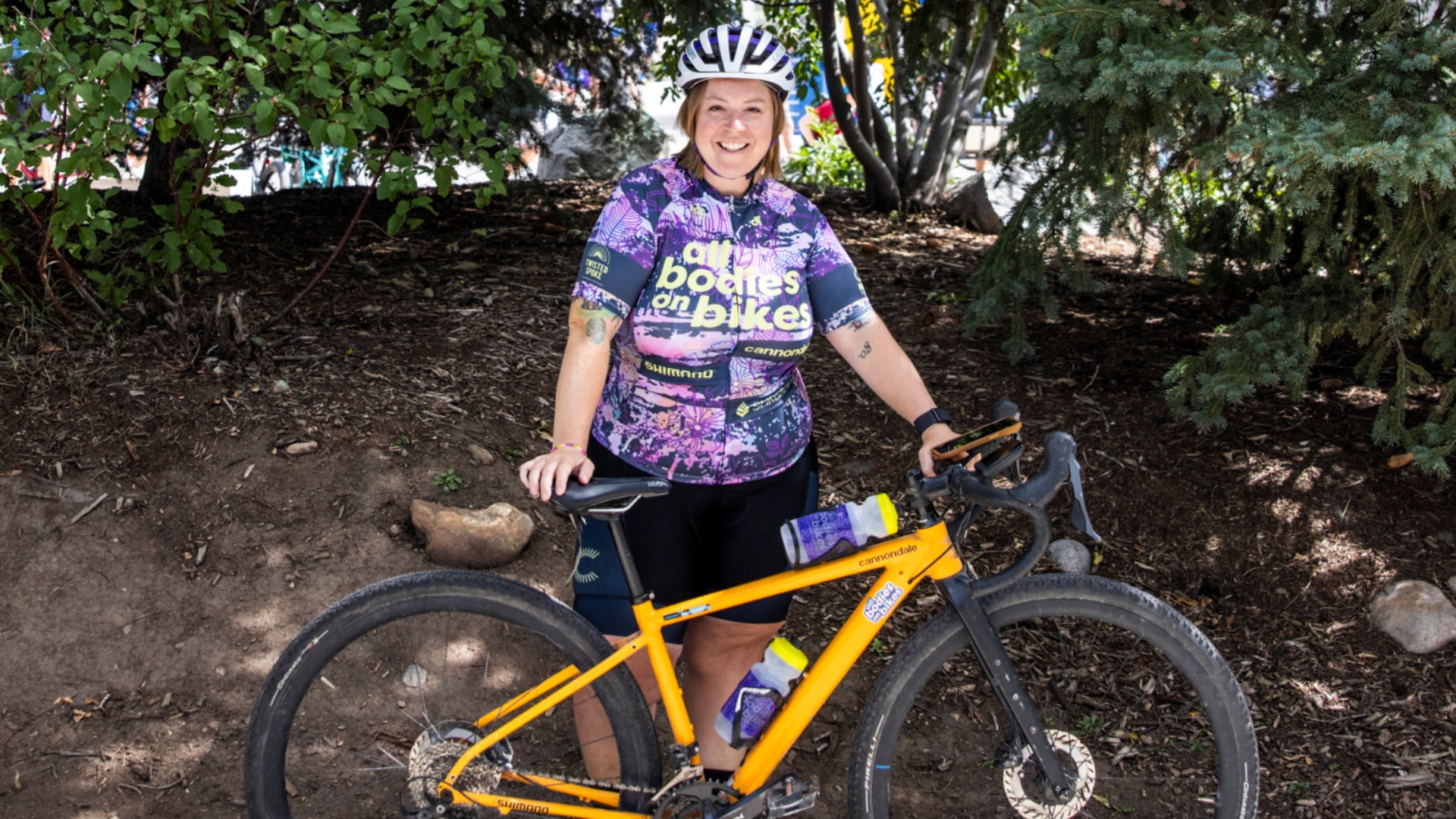 I’m a bike influencer - here’s how I earn a living
I’m a bike influencer - here’s how I earn a livingAs an influencer, I’m not paid for race results or performance; my value instead comes from the communities I’m building.
By Marley Blonsky
-
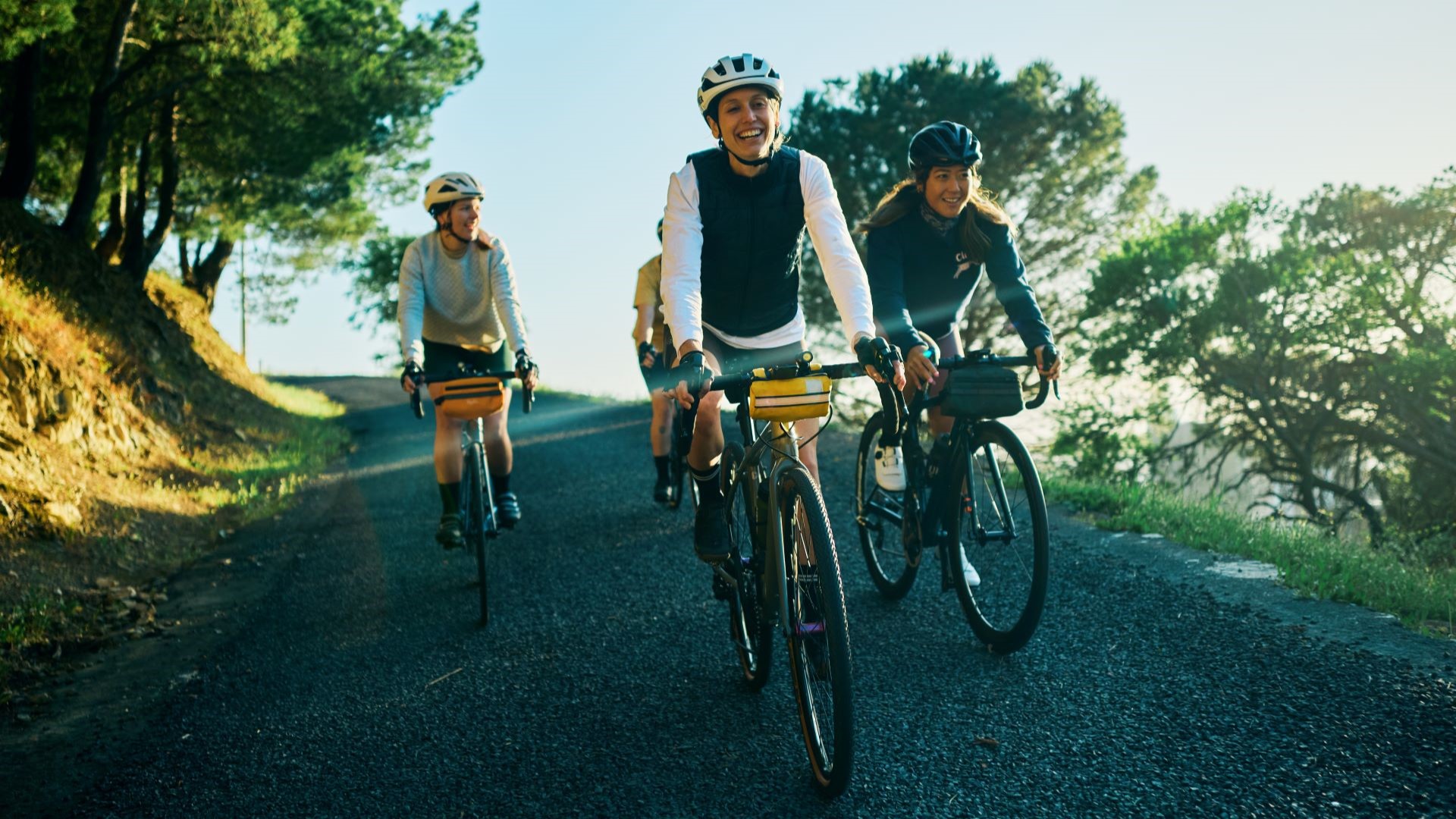 The benefits and freedoms of riding slow: what slower cycling can offer the mind and body
The benefits and freedoms of riding slow: what slower cycling can offer the mind and bodyHow slow rides build strength, endurance and a deeper connection to your ride
By Marley Blonsky
-
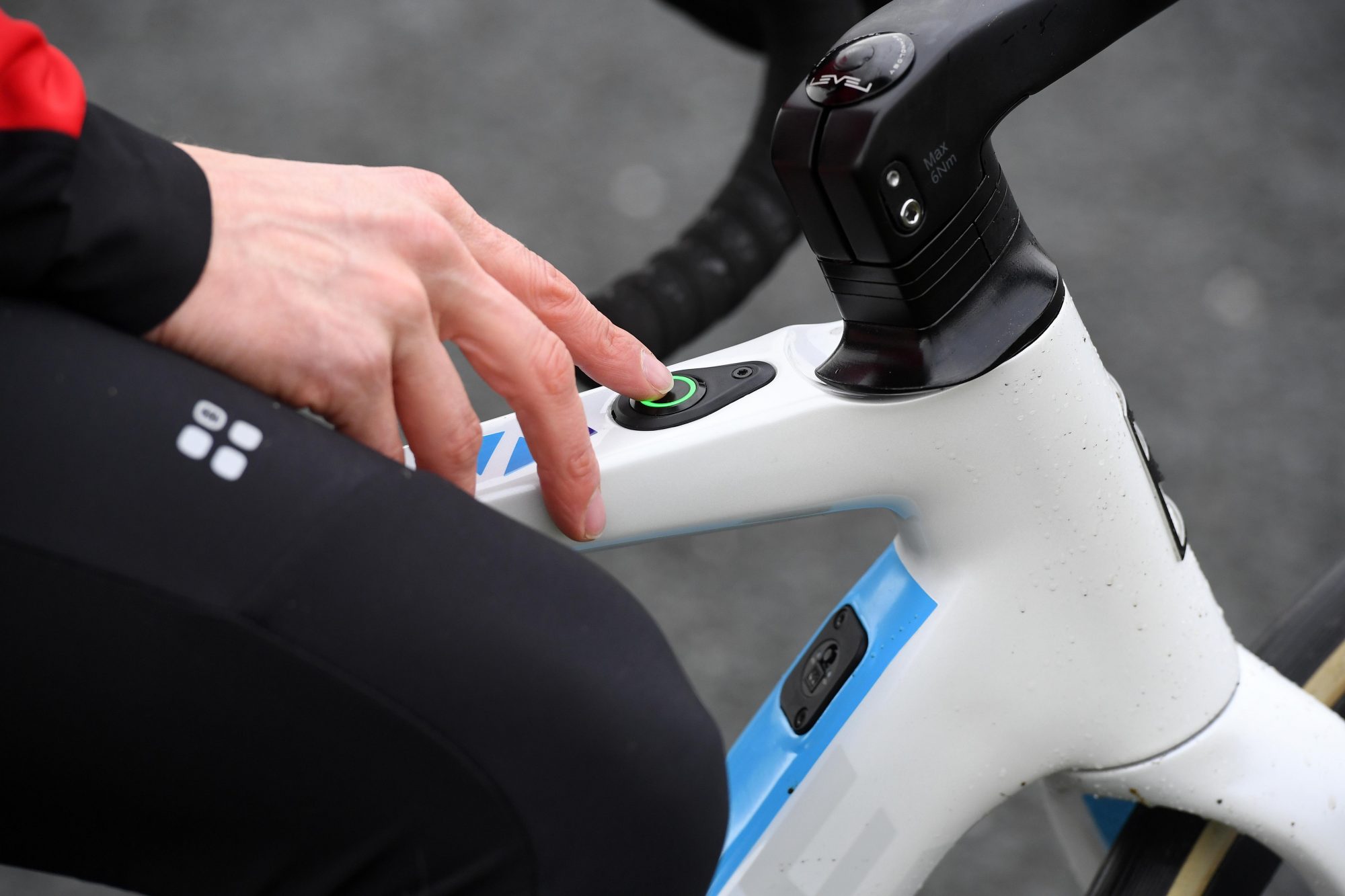 The first time I was overtaken by an e-bike I was jealous and frustrated, now I recognise they belong, even in racing
The first time I was overtaken by an e-bike I was jealous and frustrated, now I recognise they belong, even in racingE-bikes aren’t cheating; they are the future of cycling, says Marley Blonsky
By Marley Blonsky
-
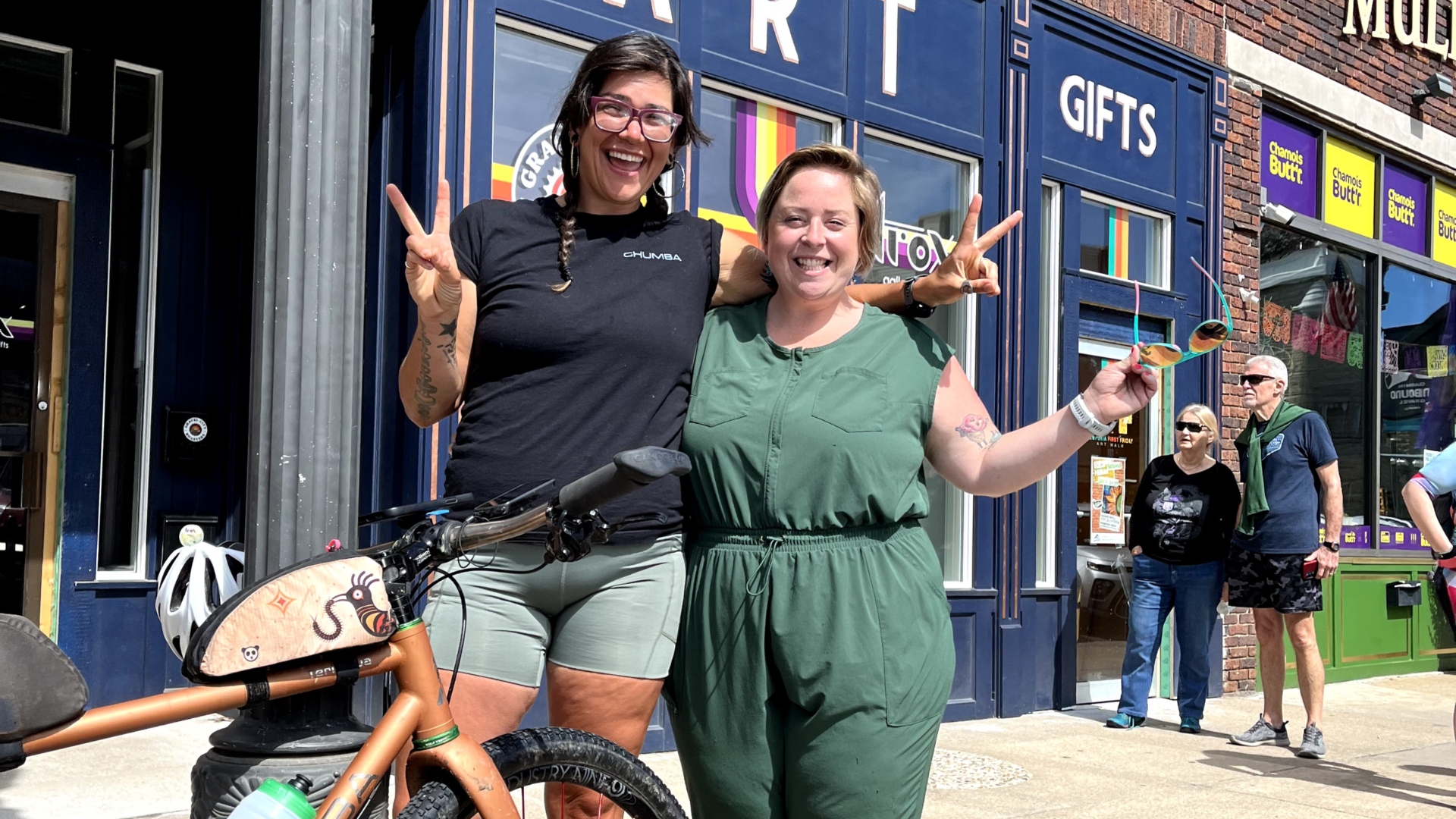 Not all cycling heroes wear yellow jerseys: meet my trailblazing cycling icons
Not all cycling heroes wear yellow jerseys: meet my trailblazing cycling iconsFar away from the WorldTour, these riders are reshaping the world of cycling through advocacy, inclusion and community.
By Marley Blonsky
-
 Cycling has a weight problem: a call for the industry to be more transparent about its weight limits
Cycling has a weight problem: a call for the industry to be more transparent about its weight limitsThe weight problem I’m referring to lies in cycling equipment itself —specifically, the low weight limits and the lack of accessible information on the weight capacity of products.
By Marley Blonsky
-
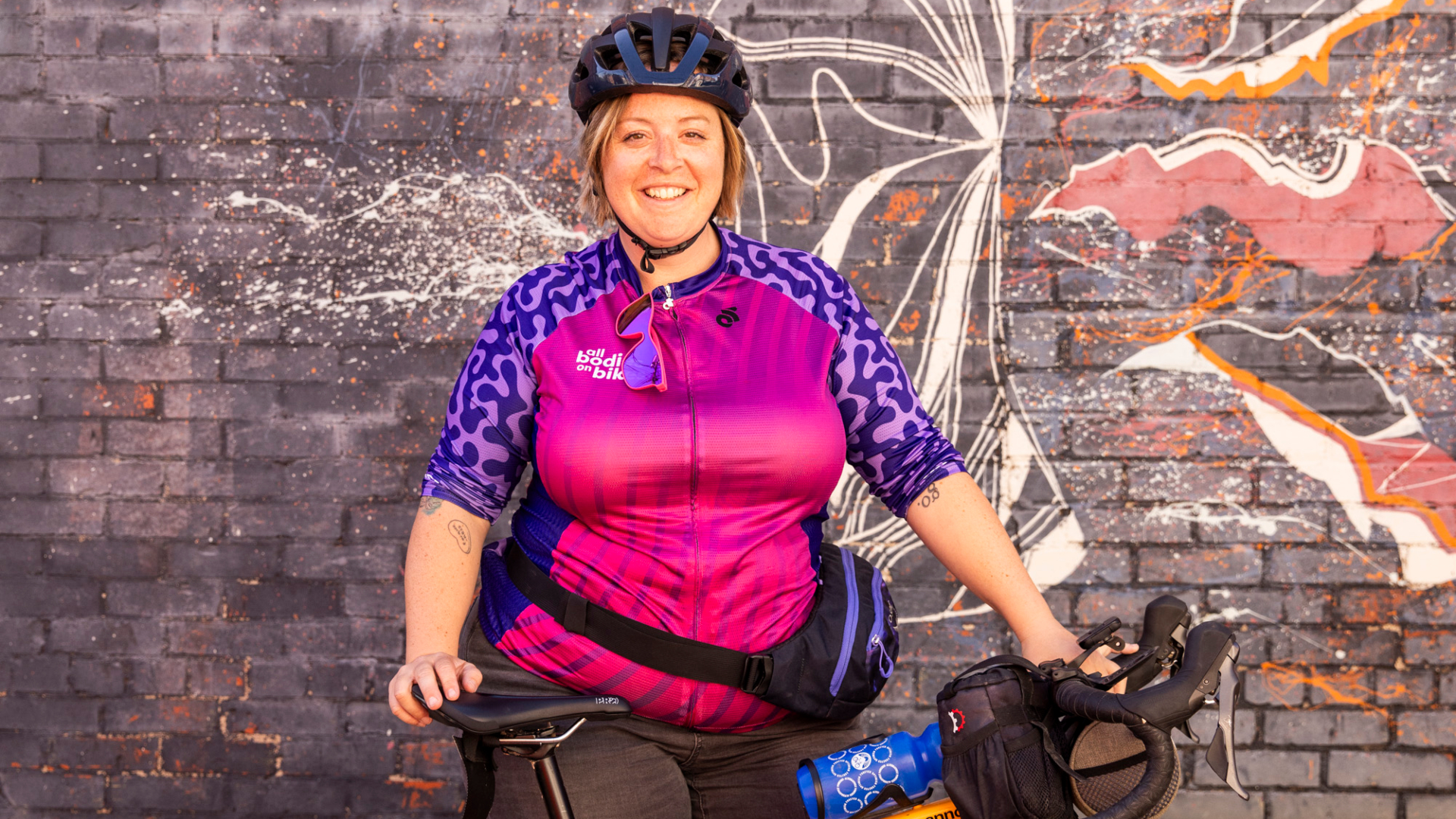 Lip service isn't good enough: here's what needs to change for cycling events to actually be inclusive
Lip service isn't good enough: here's what needs to change for cycling events to actually be inclusiveThese are the key actions that make an event actually inclusive and do more than just lip service.
By Marley Blonsky
-
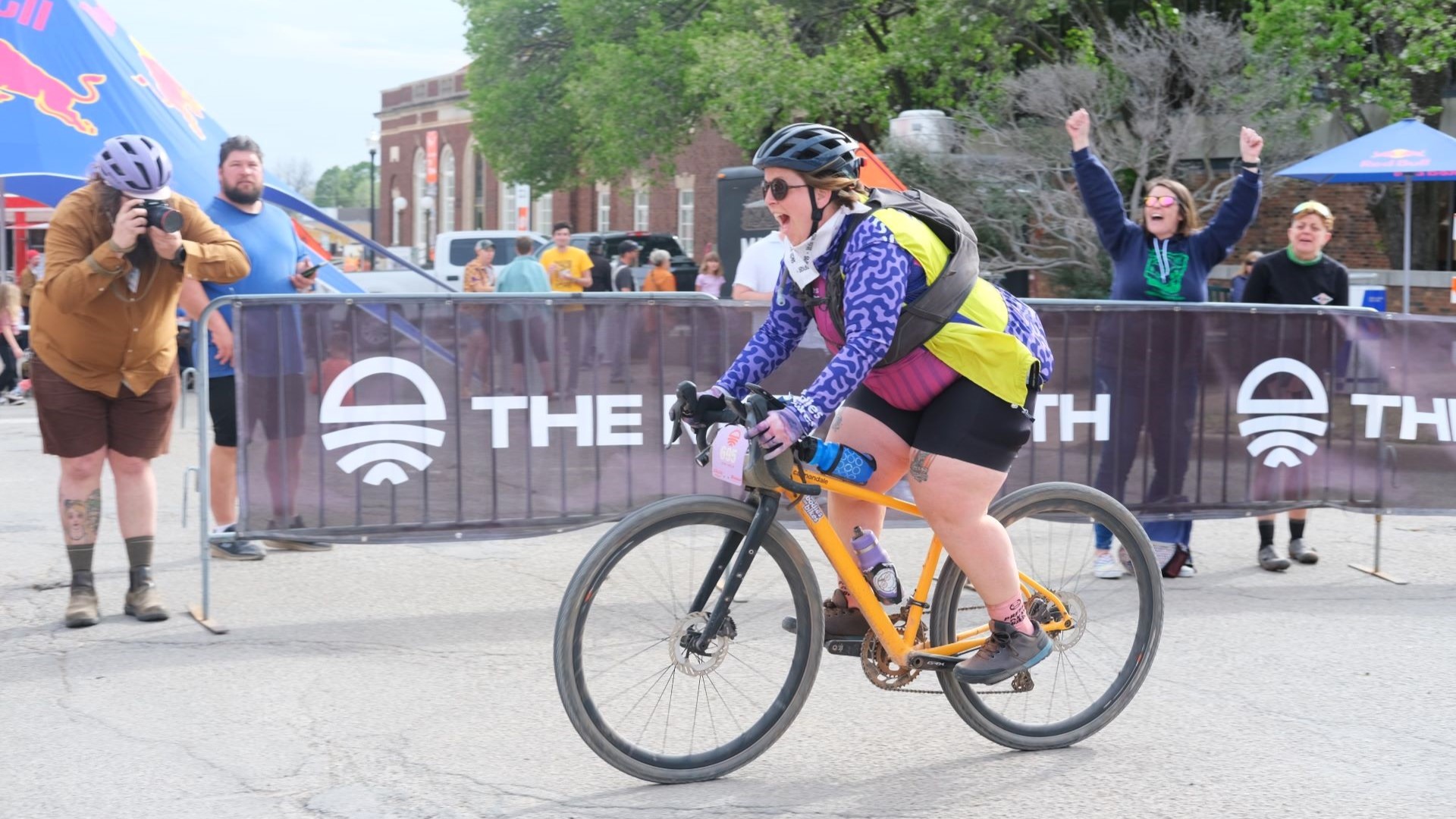 I’m a fat cyclist; these are the top 3 misconceptions people have about bigger riders and why they’re wrong
I’m a fat cyclist; these are the top 3 misconceptions people have about bigger riders and why they’re wrongAfter my recent 'We're fat cyclists' reel went viral, I realized I had hit a nerve
By Marley Blonsky